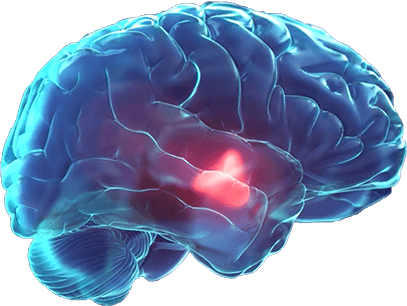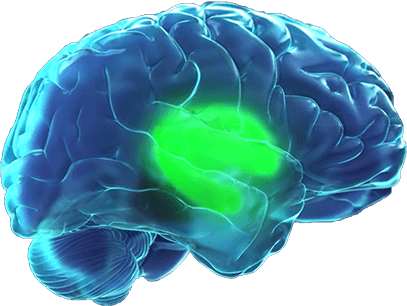Why managing your weight can be a struggle
Many of us have been taught that losing weight is all about eating less and exercising more. Fewer calories in and more calories out should mean weight loss.
But why is it that some people can eat whatever they want but don’t end up gaining weight…while others diet and exercise, only to see their weight go up or never come down?
Weight loss is so much more complex than just calories in, calories out. Let’s take a look at some of the factors that affect weight loss.

We need to look beyond the simple equation of calories in = calories out.

Many factors affect appetite and body weight
Just as you are a unique individual, the things that drive you to eat and gain weight are different than the person sitting next to you. Some things we can change. Other things that affect weight gain, we can’t change. Here are a few important factors that affect weight:
Genetics. Some things, like eye colour or height you get from your family. Well, the same can be said for weight. Did you know that there are a number of genes that make us more vulnerable to weight gain?
Outside influences. Social, environmental and cultural factors affect body weight as well. For example, family, ethnicity and socioeconomic status all play a role in determining our body weight.
Behaviour. The way we eat each day and our understanding of nutrition play a big part in our weight gain or loss. As well, how much activity we get (or don’t), will also impact our weight. But did you know that things like our sleep patterns, and stress levels can also affect our ability to lose weight?
Hunger and food cravings happen in the brain
Two essential systems regulate our eating behaviour and affect our body weight:

The Hypothalamus Homeostatic System is a small part of the brain but has a huge job: it sends messages to your body, telling you when it’s time to refuel, or when to stop eating.

The Mesolimbic Reward System drives eating behaviour based on factors like wanting, liking, or comfort.

Set Point Theory
Why is it so hard to lose weight – and even harder to keep it off? The “Set Point Theory” might explain why.
A review of 14 studies of calorie-restricting diets found that weight regain is common after weight loss, with up to 66% of dieters regaining more weight than they lost on their diets.
Obesity is a medically recognized, chronic condition that can keep coming back no matter what weight loss method is used. It seems that there is a natural tendency for the body to want to return to a certain weight or “set point”.
When our bodies sense weight loss, a variety of biological pressures influence the process of weight regain. These responses occur in an effort to defend against that change in body weight; particularly in obese patients. This is why after a period of weight loss we can so often see the weight come back.
Regardless of diet, exercise, medication or surgical intervention, weight regain always seems to happen. That is why obesity is so much tougher to overcome – it is not just about ‘will power’.

Talking to your doctor
Obesity is a medically recognized, chronic condition that requires long-term treatment and support. It is important to speak to a doctor about the options that may be right for you. While talking about weight management can be difficult, doctors are there to help.